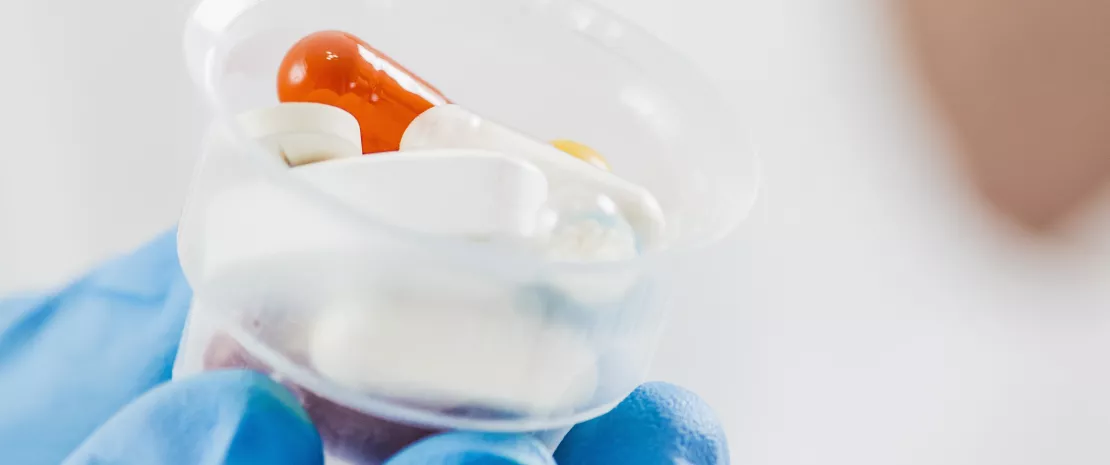What to take away?
Commonly hailed as one of the most important advances of the 20th century, antibiotics have saved millions of lives.
Lay public section
Find here your dedicated section
Sources
This article is based on scientific information
Sections

About this article
They also had, however, a deleterious impact on microbiota:
- antibiotic-induced dysbiosis, which is associated with both short- and long-term health consequences;
- host-specific pool of antimicrobial resistance genes and organisms developing as a result of the misuse or overuse of antibiotics.
This points to the need for antibiotics to be handled with care, and that a more rational use of antibiotics be adopted.
Antibiotic-induced dysbiosis can affect every human microbiota:
-
Gut microbiota:
Diarrhea, its main short-term side effect, occurs in up to 35% of patients receiving antibiotics;1,2,3 -
Urogenital microbiota:
Following antibiotic treatment, between 10 and 30% of women go on to develop vulvovaginal candidiasis;4 -
Cutaneous microbiota:
60% of patients treated for acne have macrolid-resistant Cutibacterium acnes strains; -
Ears-nos-throat microbiota:
Antibiotics administered for upper respiratory tract infections increase by a factor of 2.6 the incidence of acute otitis media; -
Lung microbiota:
Broad-spectrum antibiotics used for treating lung infections are regarded as one of the principal contributors to the overall burden of antibiotic resistance.
What to do?
To prevent dysbiosis:
- adopting a more diverse diet, high in fiber: diet has a considerable influence on the composition of the intestinal microbiota;5
- using probiotics6: when administered in adequate amounts these live microorganisms (yeasts or bacteria) confer a definite health benefit on the host;7
- using prebiotics: substrates that are selectively utilized by host microorganisms and which thereby confer health benefits.8
To promote the reconstruction and the functionality of a dysbiotic microbiota:
- using probiotics (yeasts or bacteria) may be helpful;6
- considering fecal microbiota transplantation to treat recurrent Clostridioides difficile infection only.9
To combat antimicrobial resistance:
- explore phage therapy:10 phages, the natural predators of bacteria, were used to treat bacterial infections before the advent of antibiotics;
- investigate CRISPR-Cas9:11: these “molecular scissors” could be used to implement corrections to genes;
- consider nanomaterial-based therapies:12: the physical properties of certain nanomaterials endow them with the capability to target biofilms.





